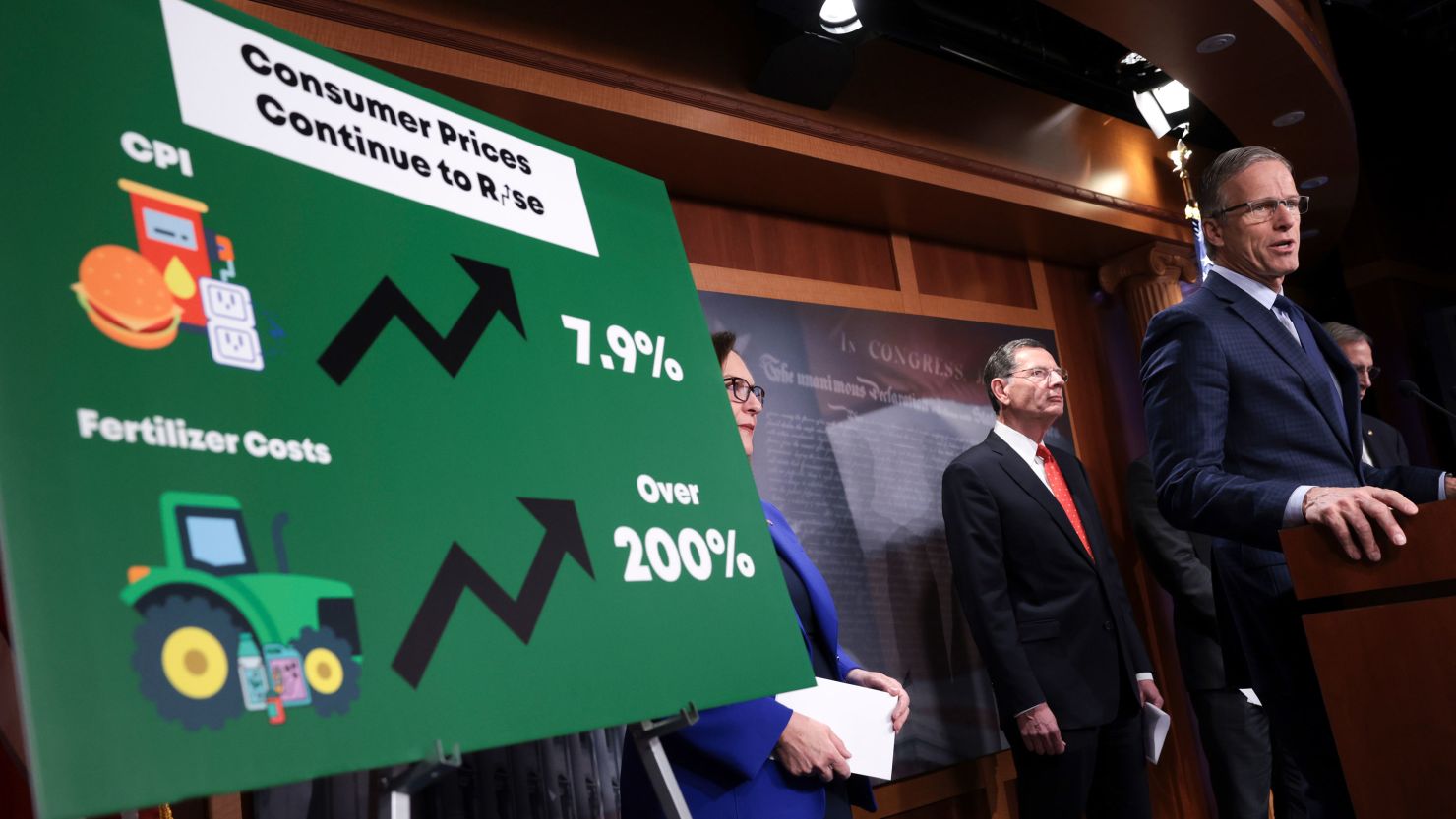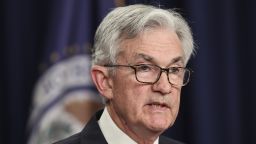Inflation distresses Americans for very good reasons. It depletes their wallets, creates anxiety about the future and endangers the national economy.
The political conversation about inflation, however, is not very good. In fact, it’s largely a charade, with enough artifice to go around among all the actors involved.
Republicans, as would be expected, play the role of prosecutor indicting a Democratic defendant. They charge President Joe Biden with causing a singular plague of price hikes that are “crushing” American consumers. They mock him for having assured the country, when the problem flared last spring, that inflation would be “transitory.”
Those dramatic allegations have placed the GOP in a strong position for midterm election gains this fall. But on the merits, they omit lots of contradictory evidence.
Inflation has surged in countries around the world as pandemic-hobbled economies lurched back into stride. That process strained manufacturers’ supply muscles, all the more so since the pandemic created new patterns of consumer demand that businesses weren’t prepared to meet.
The resulting inflation has indisputably produced economic pain for millions of families, eroding the buying power of higher paychecks. At the same time, they have not been “crushed” badly enough to prevent them from spending at a steady pace.
That’s because families up and down the income scale, thanks to Covid relief checks, generally still have more money than before the pandemic; in the lingo of economic analysts, “household balance sheets” still have “excess savings.” Unemployment has fallen back below 4%.
“The excess saving has been enough to cushion the impact of declining real wages on spending, even for lower-income households,” says Moody’s chief economist, Mark Zandi. “American households are for the most part in a good financial place.”
The Biden White House was hardly alone last year in believing inflation would be short-lived. So did the Federal Reserve, the government agency responsible for monitoring and controlling inflation through stewardship of monetary policy.
The media’s role is always to hold government accountable. But the unelected, comparatively obscure Fed doesn’t hold daily press briefings.
The White House, home to the most visible public official of all, does. So reporters continually question the President about solutions to rising prices, even though, in a free-market economy, no White House has much power to bring them down.
The President’s role is to answer the questions. For unhappy voters, “not much I can do” doesn’t cut it.
So Biden often resorts to political performance art. He joins fellow Democrats in assailing greedy corporations, even though corporations respond to market forces whether inflation is high or low — as has been the case for more than 30 years.
Presidents feel special pressure to provide an answer on rising gas prices. Rising numbers on posted signs at the pump — determined by supply and demand for oil — make voters especially irate.
Like previous presidents under similar pressure, Biden has demanded investigations of “price gouging.” Last week, House Democrats passed an anti-gouging bill. The only expected result: a few news headlines.
While the inflation debate may be largely phony, it is not entirely phony. Presidential policies can make inflation worse.
Indeed, economists across the political spectrum now believe that Biden’s $1.9 trillion American Rescue Plan, while it accelerated growth and job creation, exacerbated inflation somewhat by over-stimulating consumer demand. Republicans have a point. What’s unclear is how much of a difference the rescue plan made.
Presidents can also temper inflation, if only on the margins. Administration efforts to ease price pressures by helping smooth out supply chains help a little. So does the record release of oil from the Strategic Petroleum Reserve.
But modest benefits get swamped in a hurry by outside shocks, from new Covid shutdowns in China to Russia’s invasion of Ukraine. Steps the administration is now considering but has not taken, such as lifting selected import tariffs that President Donald Trump imposed on China, would be similarly vulnerable.
Whether today’s inflation ends up plunging the US economy into recession hinges mostly on the Fed’s skillfulness in raising interest rates to bring it down. Biden’s most important contribution to that process comes in his appointments to the Fed’s board.
The Fed chairman he inherited was Jerome Powell, a Republican appointed to that post by Trump. President Barack Obama had first tapped Powell for the Fed board in 2011.
Late last year, Biden decided to keep Trump’s chairman in place. On May 12, 80 of 100 senators — including overwhelming majorities of Republicans and Democrats alike – voted to confirm the President’s choice.



